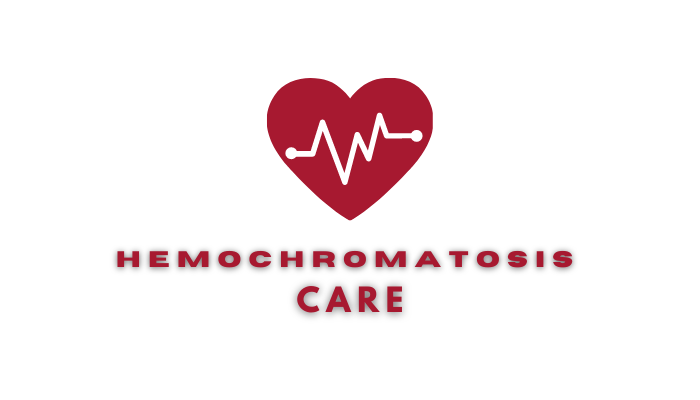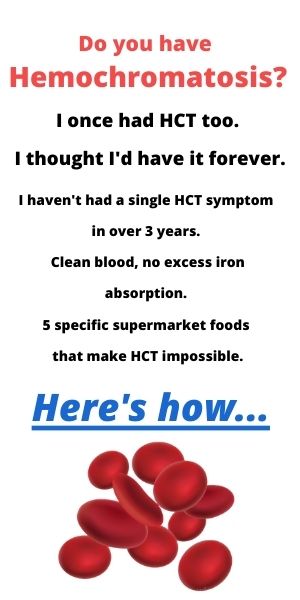Hemochromatosis Diet - Iron Overload Diet
There are many important things to remember when approaching a healthy diet when you have hereditary hemochromatosis. An easy rule of thumb I found is this: When donating blood, they give you a pamphlet (designed for normal to slightly anemic people) that outlines all of the iron-rich foods you should eat to restore your blood and iron levels.
Well, for us with iron overload, these are the foods to minimize or avoid. Everything else is more or less fair game. What are some of these foods that are iron-rich?
Before we jump to that question I have to point out that there is a very important factor to consider: Not all iron is the same and not all iron is absorbed the same. Iron is iron, right? Wrong. Their are two types of iron that appear commonly in our food, the “non-heme” iron that is found in fruits, vegetables, and grains, and the “heme” iron that is found in animal foods, including red meats, poultry, and fish.
The non-heme iron is generally harder to absorb, and thus represents a lower risk of elevating iron levels. It is the heme iron that is best reduced from your diet.
Another important factor to keep in mind is that Vitamin C can help your body absorb iron, so it is not a great idea to pair iron-rich foods with foods that have a lot of Vitamin C, including citrus fruits and iron-fortified orange juice.
This pairing is kind of a double whammy of high absorption and high iron content. Make sense?
Here's a quick list of things to avoid or minimize:
Foods with naturally occurring Iron:
- liver
- lean red meats, including beef, pork, lamb
- seafood, such as oysters, clams, tuna, salmon, and shrimp, etc.
- beans, including kidney, lima, navy, black, pinto, soybeans, and lentils
- iron-fortified whole grains, including cereals, bread, rice, and pasta
- greens, including collard greens, kale, mustard greens, spinach, and turnip greens
- tofu
- vegetables, including broccoli, swiss chard, asparagus, parsley, watercress, Brussel sprouts
- chicken and turkey
- blackstrap molasses
- nuts
- egg yolks
- dried fruits, such as grapes, plums, dates, and apricots
- Instant Oatmeal
- Ready-to-eat Cereals, such as Total, Product 19, Raisin Bran
- Grits
- Iron Kids Bread
- Pasta
Foods commonly enriched with Iron:
One key point to remember is, or can donate blood more frequently if you ingest too much iron. You can also drink black tea with iron-rich meals as it will help to block the absorption of iron.



0 Comments